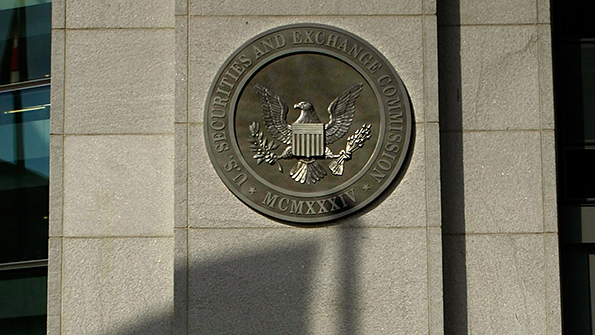The typical narrative is that over time, digital regulation becomes more stringent. Accountability becomes a greater requirement as technology continues to advance and take a more significant part of our professional lives. There is nothing new here, and yet recent regulatory activity has been even more intense than expected across major organizations.
The Securities Exchange Commission and the Financial Regulation Authority are continuing to demonstrate characteristic aggression as they expand the requirements placed on firms under their jurisdiction.
FINRA
of FINRA 2024 Regulatory Oversight Report provided new steps for firms to implement in their quest for compliance. Companies are now being asked what they are doing to capture business correspondence through channels outside the channel and whether they are actively monitoring for new communication platforms that may be available to advisers.
FINRA directly recommends that firms monitor whether approved channels are being used less, implying that alternatives are being used. They are also asked to look out for 'indications of communications taking place outside the channel', e.g. references to other chats on unsanctioned domains.
These updates are important because of what they represent. Trusting employees to follow protocol is no longer enough – the oversight element is now more pronounced and compliance teams are expected to do detective work to understand the regulatory landscape and ensure employee behavior is appropriate. This places a greater burden of responsibility on any organization and makes it very difficult for leaders to look the other way and then plead ignorance.
SEC
Implementation of standards across the industry
We are all aware of the industry's ongoing investigation into “out-of-channel” communications ie. WhatsApp fines, which have dominated the headlines for the past two years. On April 3, 2024, SEC announced its first enforcement action against a registered investment adviser unrelated to a broker-dealer.
The move is a statement of intent—it illustrates Chief Compliance Officer Gurbir Grewal's desire to enforce fundamental standards across the industry, not just the glamorous JPMorgans of this world. This is not a box exercise, but a shift to 'culture of proactive compliance' for which he strives.
Self-reporting
After criticism of arbitrary implementation, SEC has denied it that it is 'picking numbers at random' when determining penalties for out-of-channel communications. Rather than the size of a firm or the scope of its misconduct, the most influential factor is, in fact, whether a company has self-reported its wrongdoing.
By offering an opportunity for companies to self-report past wrongdoing and proactively put appropriate compliance procedures in place in exchange for leniency, the SEC is clearly trying to speed up the process of cultural upheaval.
Marketing rule
When it landed in late 2022, the marketing rule signaled a regulatory evolution. Consumer protection was at the top of the agenda, but it has taken some time for the regulator to bare its teeth on enforcement. Now we're seeing a breakthrough, with companies being held accountable for passing off weird speculation as legitimate advice.
In April, the SEC imposed $200,000 in fines for marketing violations. Five RIAs were indicted and all admitted they misled consumers by advertising model performance they could not prove. GeaSphere LLC was hit with the heaviest penalty of $100,000.
Another Danger alert was issued around this time, with the regulator dealing with the pitfalls of common marketing rules.
“The findings point to numerous instances of non-compliance, ranging from unsubstantiated claims to deceptive advertising tactics, raising concerns about the transparency and accuracy of information available to investors.”
How can firms survive?
As we can see from the SEC and FINRA, regulatory compliance has been especially busy in the first half of 2024. It's easy to wonder when it all ends—if regulations are in a constant state of flux, is there really any point to shoot at a constantly moving target?
The answer is a resounding, “Yes.” Regulatory enforcement is increasing in terms of compliance, so there can be real and expensive consequences for those who don't comply. More importantly, transparency is also on the rise. Regulators across global finance are being extremely frank and detailed about their expectations, and while these requirements may be new and frustrating for many, at least firms know exactly where they stand.
There is no ambiguity here. It would be foolish to ignore such precise instructions, and if that's what happens, companies have only themselves to blame.
Harriet Christie is Chief Operating Officer at MirrorWeb

